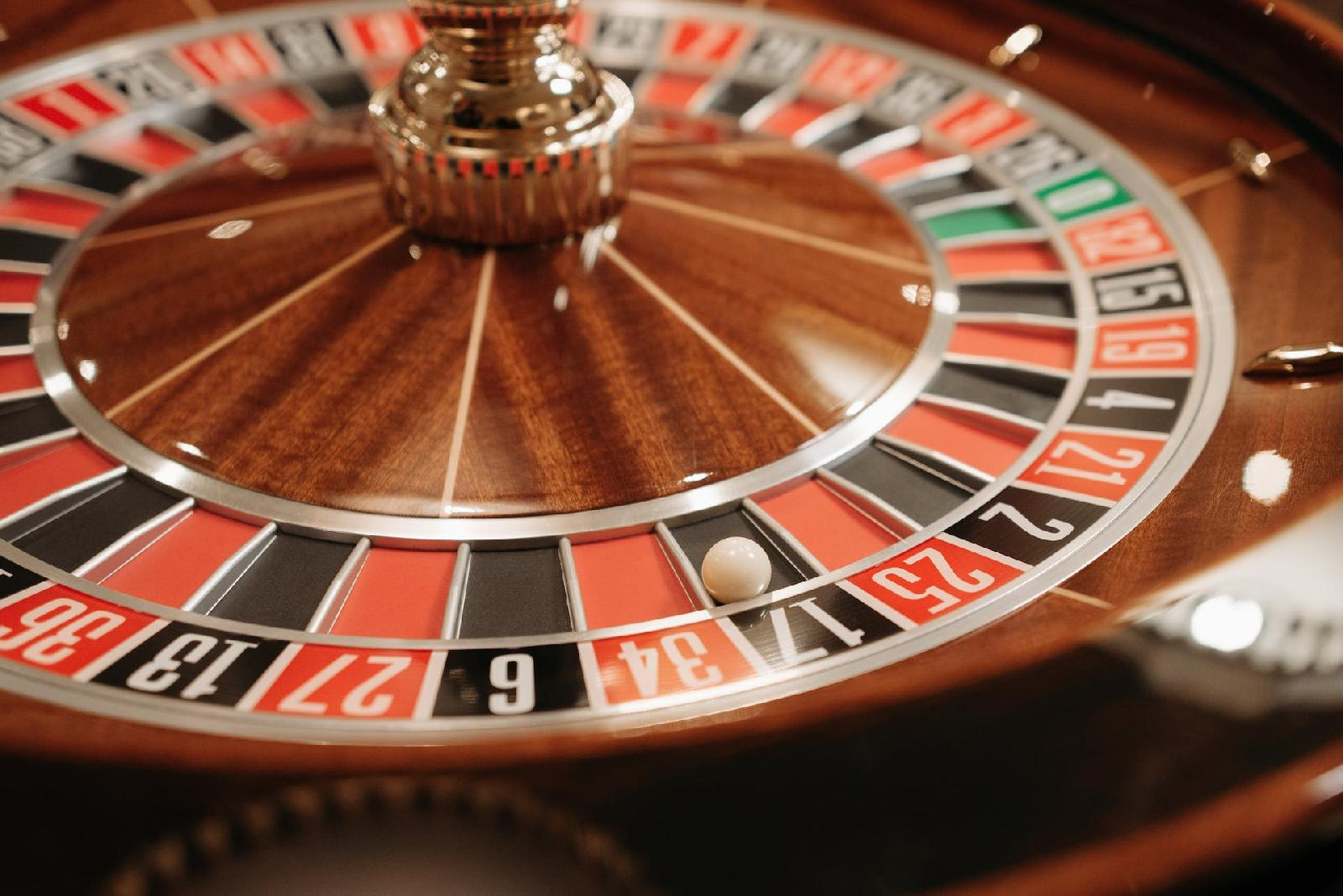
When we think of casino activities, the initial pictures that often come to mind are those of spinning wheel wheels, card tokens clattering on fabric surfaces, and dice rolling across a gaming surface. While numerous consider these activities as mere pastimes fueled by chance, a more profound exploration reveals a captivating blend of tactics, skill, and community interaction that raises them far beyond simple luck. Whether you are a seasoned player or a curious newcomer, understanding the subtleties of these games can significantly enhance your enjoyment and understanding.
Casino games have developed over centuries, with different cultures contributing to their diverse histories and variations. From the intricate tactics of blackjack to the bluffing tactics in card games, players engage in a battle of intellect as much as a risk on odds. This exciting interplay between luck and skill creates a exciting atmosphere that draws countless people to casinos worldwide. As we delve into the realm of table activities, we will uncover the strategies that can tilt the odds in your favor and the community aspects that make these activities a favored choice for leisure and interaction.
A Approach of Table Games
Table gaming frequently involve a mix of skill and luck, making them intriguing for players who enjoy a test. Each game has their own set of guidelines and strategies that can affect the outcome. For instance, in games like blackjack, players are required to use tactics like counting cards and understanding the probabilities to make informed decisions. This skill set can greatly improve the victory potential, differentiating seasoned players from novices who may depend entirely on luck.
Conversely, titles such as the roulette may seem to be entirely based on chance, but tactical thinking can also come into the equation. Players can select between different betting strategies, such as the Martingale strategy, where they increase their bets after losses. This approach can create a more controlled approach to the game. Understanding the probabilities of specific wagers can also assist participants make smarter decisions on the roulette table, demonstrating that even in titles of chance, tactics can enhance the enjoyment.
Furthermore, poker is notable as a title that heavily emphasizes strategy. Unlike most gaming games, poker combines ability, psychology, and luck. Players must also focus on the cards they are given but also consider their rivals’ behavior and wagering patterns. Mastering concepts like position, pot odds, and reading bluffs is essential for success. This depth of strategy in poker often creates to a more engaging encounter for players, where their choices and skills significantly impact the match’s outcome.
Comprehending Chance and Odds
In the world of gambling activities, likelihood and odds play a vital role in determining a gambler’s potential outcomes. Every activity has its own collection of principles that define how the chance of succeeding or losing is calculated. For example, in matches like blackjack, participants have a opportunity to affect their odds through tactics, whereas in matches like roulette, the outcomes are purely dictated by chance. Comprehending how these probabilities are calculated can greatly impact how a gambler deals with the game.
Ratios are typically shown in two forms: fractional and decimal. Fractional ratios indicate the proportion of the sum won to the amount bet, whereas numeric ratios show the overall payout for a successful wager, which includes the initial bet. For instance, if a match has odds of 5 to 1, this implies that for every one dollar bet, a player could win five dollars if successful. Learning how to read these odds allows gamblers to assess their possible winnings and formulate more educated decisions during play.
Gamblers should also be aware of the house edge, which is the casino’s built-in benefit over the gamblers. Each game has a distinct advantage, and grasping this idea is crucial for handling one’s expectations and budget. Games with a reduced advantage, such as blackjack and baccarat, typically offer better ratios for players compared to activities like slots and keno. By acknowledging the connection between chance, odds, and the house edge, players can enhance their gambling engagement and strategize more efficiently.
The Social Aspect of Casino Table Games
Table games at gaming establishments are often seen as a hub of social interaction, bringing players together in a shared experience that extends far past the mere act of playing games. The atmosphere at a blackjack table can be electric, with players engaging not only with the game itself but also with each other. Laughter, excitement, and, occasionally, friendly banter create connections that improve the overall enjoyment of the gaming experience. This communal aspect can turn a solitary endeavor into a dynamic gathering, making table games particularly appealing.
One of the intriguing elements of table gaming is the way it cultivates camaraderie among participants. Whether it’s teaming up to beat the dealer at a craps table or exchanging tales between hands in a poker game, the environment encourages interaction. Players often share advice or tactics, creating a sense of togetherness that boosts the fun. This social dynamic can make new players feel welcomed and less daunted by the competitive nature of casino games. MB66 As the game progresses, friendships may form, leading to a sense of belonging that keeps participants returning to the table.
Moreover, the social aspect of gaming at tables extends beyond just the participants. Casino staff play a crucial role in facilitating interaction and maintaining the flow of the game. Their ability to engage players with warm dialogue and their expertise in running the table can create an welcoming atmosphere. This connection between participants and dealers adds another layer of enjoyment, where gamblers feel connected not only to each other but also to the staff. Such interactions are often what make the experience memorable, as players leave with stories to tell and connections made, reinforcing the notion that table games are truly about something greater than luck.